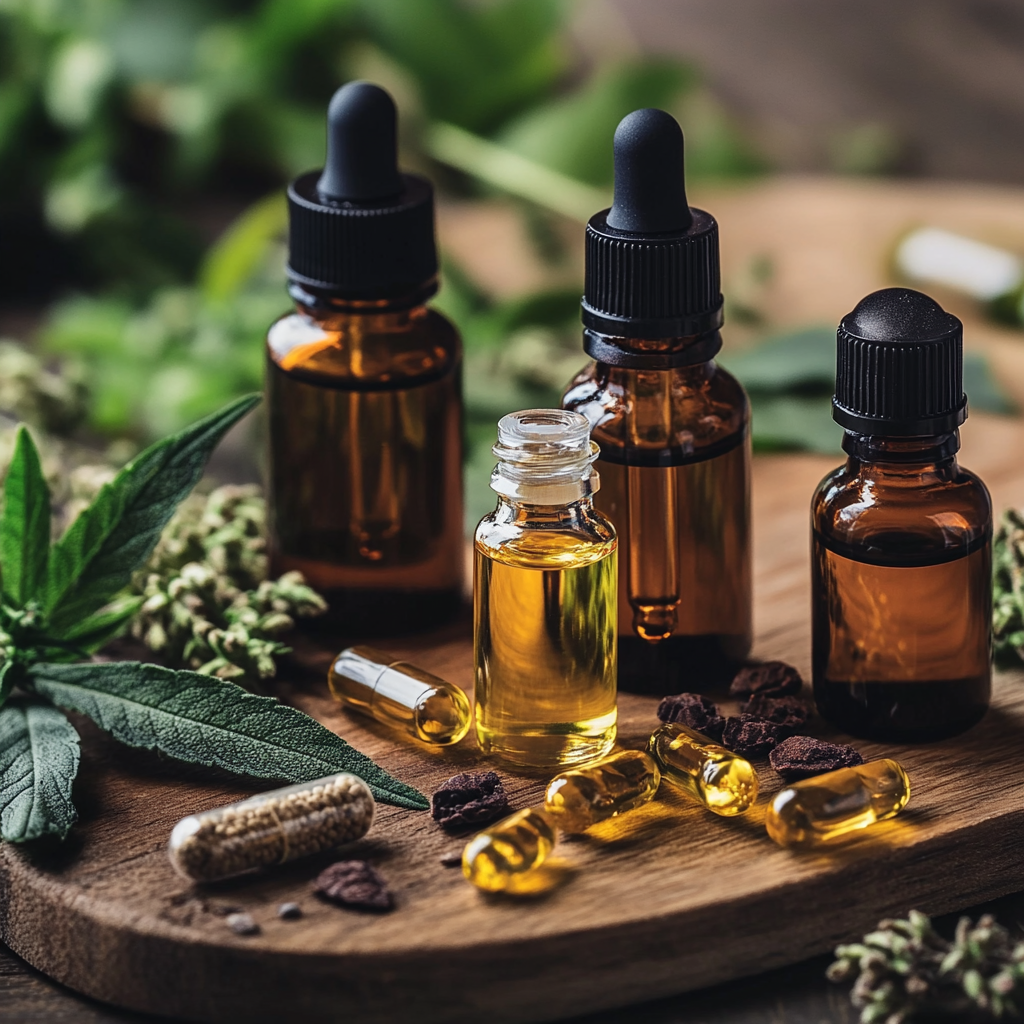In recent years, the conversation around mental health has gained significant momentum, with more individuals seeking alternative treatments to manage their conditions. One such alternative that has garnered attention is CBD oil. Derived from the cannabis plant, CBD, or cannabidiol, is a non-psychoactive compound that has been linked to various health benefits, particularly in the realm of mental health.
Understanding CBD Oil
CBD oil is extracted from the hemp plant, a variety of the Cannabis sativa plant species. Unlike THC (tetrahydrocannabinol), the psychoactive component of cannabis, CBD does not produce a “high.” This makes it an appealing option for those looking to alleviate symptoms without the mind-altering effects of marijuana or certain pharmaceutical drugs.
How CBD Works
CBD interacts with the body’s endocannabinoid system (ECS), a complex cell-signaling system that plays a role in regulating a range of functions and processes, including mood, sleep, appetite, and memory. By influencing the ECS, CBD may help maintain balance in the body and support mental well-being.
Potential Benefits of CBD Oil for Mental Health
Research into CBD oil’s effects on mental health is still in its early stages, but preliminary findings suggest several potential benefits:
- Anxiety Reduction: Studies have shown that CBD may help reduce anxiety levels in individuals with social anxiety disorder, generalized anxiety disorder, and post-traumatic stress disorder (PTSD).
- Depression Management: Some research indicates that CBD may have antidepressant-like effects, potentially helping to alleviate symptoms of depression.
- Improved Sleep: CBD may aid in improving sleep quality and managing insomnia, which is often linked to mental health disorders.
- PTSD Symptom Relief: CBD has been studied for its potential to reduce symptoms associated with PTSD, such as nightmares and flashbacks.
Case Studies and Research
Several studies have explored the impact of CBD on mental health conditions:
Anxiety and CBD
A 2019 study published in “The Permanente Journal” examined the effects of CBD on anxiety and sleep. The study involved 72 participants, with 57 experiencing anxiety and 25 suffering from poor sleep. After one month of CBD treatment, 79% of participants reported decreased anxiety levels, while 66% experienced improved sleep.
Depression and CBD
Research published in “Molecular Neurobiology” in 2018 suggested that CBD may have fast-acting antidepressant effects. The study found that CBD could enhance serotonin receptor activity, which plays a crucial role in mood regulation.
PTSD and CBD
A 2018 review in “Frontiers in Neuroscience” highlighted the potential of CBD in managing PTSD symptoms. The review noted that CBD might help reduce anxiety and improve sleep, both of which are common issues for those with PTSD.
Considerations and Side Effects
While CBD oil shows promise for mental health, it’s important to be aware of potential side effects and considerations:
- Side Effects: Some individuals may experience side effects such as dry mouth, diarrhea, reduced appetite, drowsiness, and fatigue.
- Drug Interactions: CBD can interact with certain medications, so it’s advisable to consult with a healthcare professional before starting any new treatment.
- Quality and Regulation: The quality of CBD products can vary significantly. It’s crucial to choose products from reputable sources that provide third-party lab testing results.
Legal and Ethical Considerations
The legal status of CBD varies by country and region. In many places, CBD derived from hemp with less than 0.3% THC is legal, but it’s essential to check local regulations before purchasing or using CBD products.
Conclusion
CBD oil presents a promising avenue for those seeking alternative treatments for mental health conditions. While research is still ongoing, early findings suggest that CBD may offer benefits for anxiety, depression, PTSD, and sleep disorders. As with any treatment, it’s important to approach CBD with an informed perspective, considering potential side effects and interactions. Consulting with healthcare professionals and choosing high-quality products can help individuals make the most of CBD’s potential benefits for mental health.
